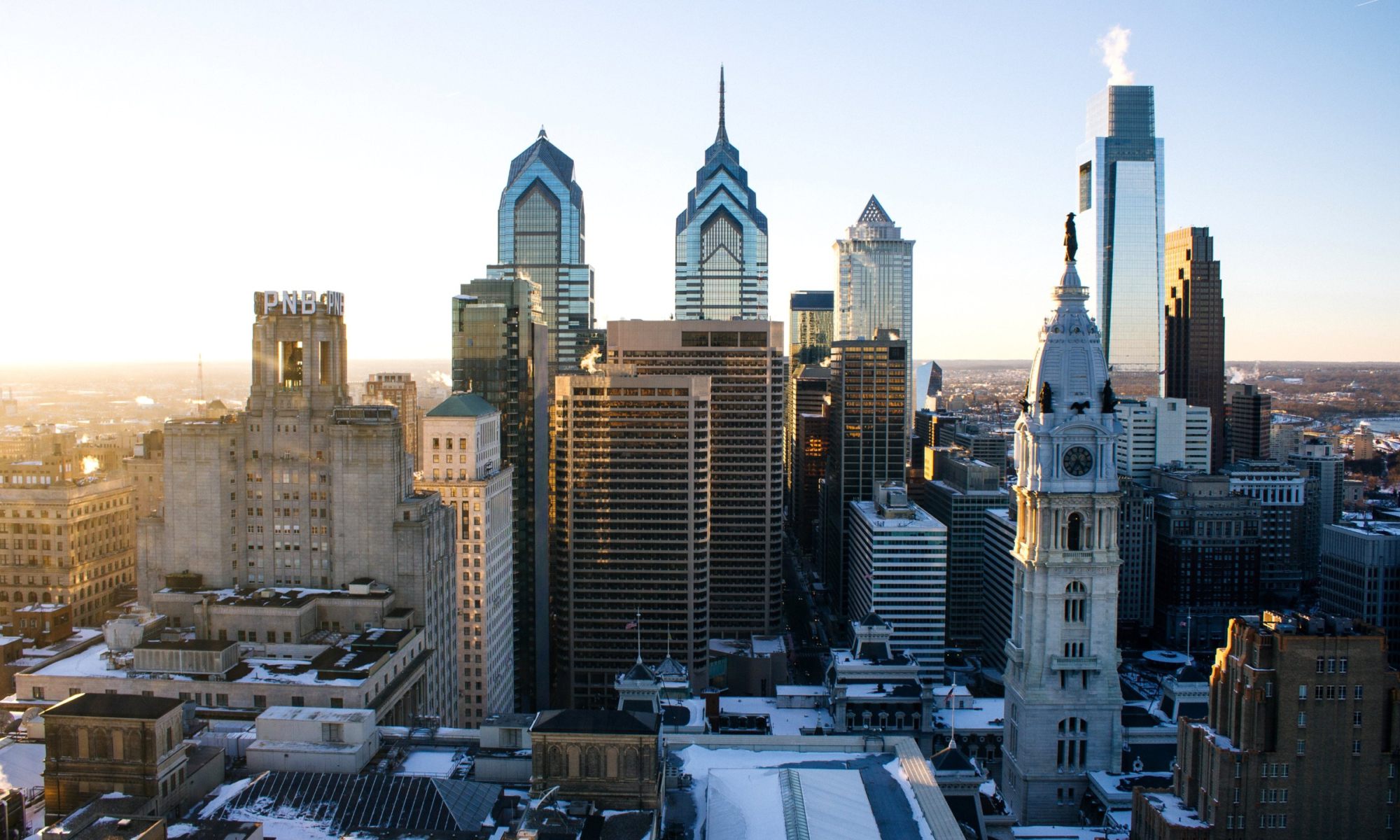For the second time in two years, the World Health Organization has taken the extraordinary step of declaring a global emergency. This time the cause is monkeypox, which has spread in just a few weeks to dozens of countries and infected tens of thousands of people.
Dr. Tedros Adhanom Ghebreyesus, the W.H.O.’s director general, on Saturday overruled a panel of advisers, who could not come to a consensus, and declared a “public health emergency of international concern,” a designation the W.H.O. currently uses to describe only two other diseases, Covid-19 and polio.
“We have an outbreak that has spread around the world rapidly through new modes of transmission, about which we understand too little, and which meets the criteria” for a public health emergency, Dr. Tedros told reporters. It was apparently the first time that the director general had sidestepped his advisers to declare an emergency.
The W.H.O.’s declaration signals a public health risk requiring a coordinated international response. The designation can lead member countries to invest significant resources in controlling an outbreak, draw more funding to the response, and encourage nations to share vaccines, treatments and other key resources for containing the outbreak.
It is the seventh public health emergency since 2007; the Covid pandemic, of course, was the most recent. Some global health experts have criticized the W.H.O.’s criteria for declaring such emergencies as opaque and inconsistent.
At a meeting in June, the W.H.O.’s advisers concluded that while monkeypox was a growing threat, it was not yet an international emergency. The panel could not reach a decision on Thursday, Dr. Tedros said.

